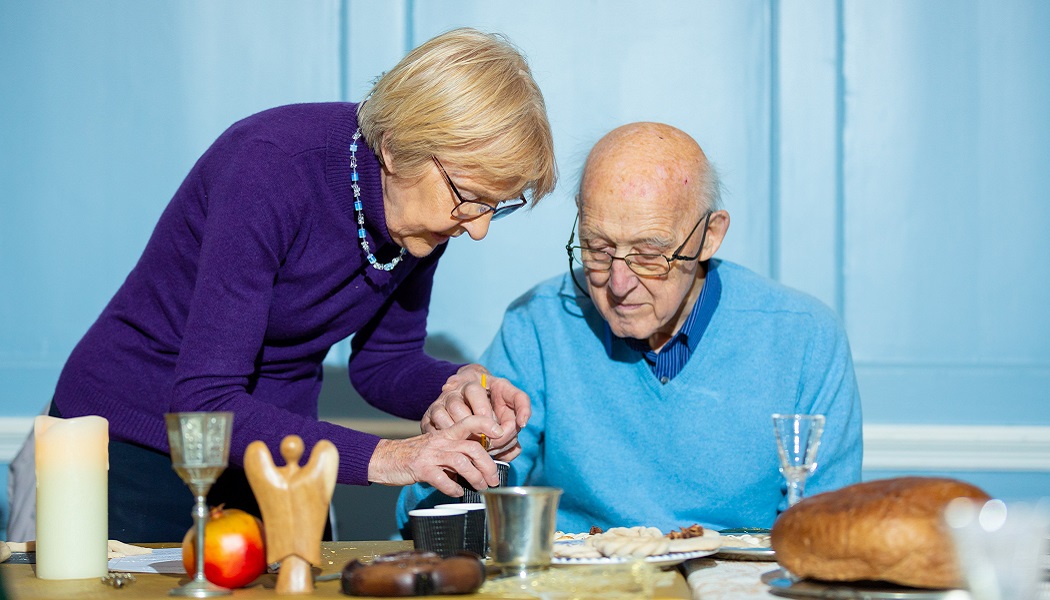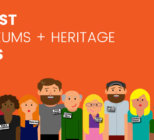Whether it’s through facilitating learning activities, training sessions, park-runs or dementia friendly events, the report’s findings point to Britain’s heritage organisations consistently supporting the physical and mental wellbeing of individuals and communities across the nation.
Peter Ainsworth, chairman of The Heritage Alliance, says the report serves to highlight the “immense potential of our sector to make a positive impact on mental health” at a juncture when “almost everyone knows that the current model of healthcare needs to be changed to involve preventative medicine”.
Despite “many acute financial pressures” brought on the heritage sector by the pandemic, he adds, now represents an opportunity to “reflect on a different and deeper purpose and mission”.
The report suggests an increased emphasis on wellbeing in heritage organisation’s strategies over the coming months and years, following a change in many people’s behaviour since the coronavirus outbreak.
This will, the Alliance asserts, have the two-pronged benefit of making a significant contribution to the public good while also maximising heritage organisations’ survival chances.
“Health and wellbeing are at the very top of public policy concerns right now, and the heritage sector has a huge amount to contribute given the significant levels of personal satisfaction that working in and with the past brings,” says Ben Cowell, director general of Historic Houses (a member of the Alliance).
“By refocusing on personal health and wellbeing,” he adds, “heritage sites can explore new operational models that will help to make them more sustainable in the longer term.”
Download a copy of the full report here.
Case in point
Following in the footsteps of the Alliance’s 2019 report, Inspiring Creativity: Heritage & The Creative Industries, the new publication is informed by case studies from the full breadth of the heritage sector. This includes broad examples such as yoga sessions being held in an historic house and a group of disabled adults arranging a club night at Alexandra Palace.
Two case studies included in the report focus on:
Layers of History
In this project, Heritage Lincolnshire offered over 200 volunteers the opportunity to discover, understand and investigate the less obvious historical features of Lincolnshire’s Bardney Limewood, demonstrating how heritage aids understanding of our place in the world.
Those who took part found their wellbeing improved; including one participant who described the experience a “very magic moment”.
Inspiring Futures
Volunteers were supported into long-term jobs as part of this scheme. Ten weeks of training and a six-week placement at a partner organisation were offered. These included Manchester’s Jewish Museum and the National Trust’s Dunham Massey. Surveys conducted after the programme’s conclusion found participants reported high improvements in their self-confidence, sense of purpose and sense of belonging.









